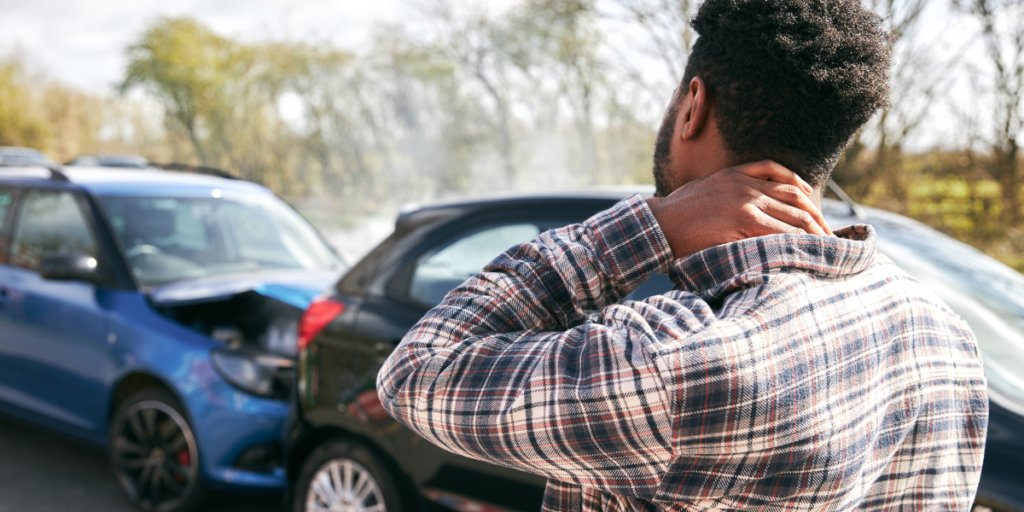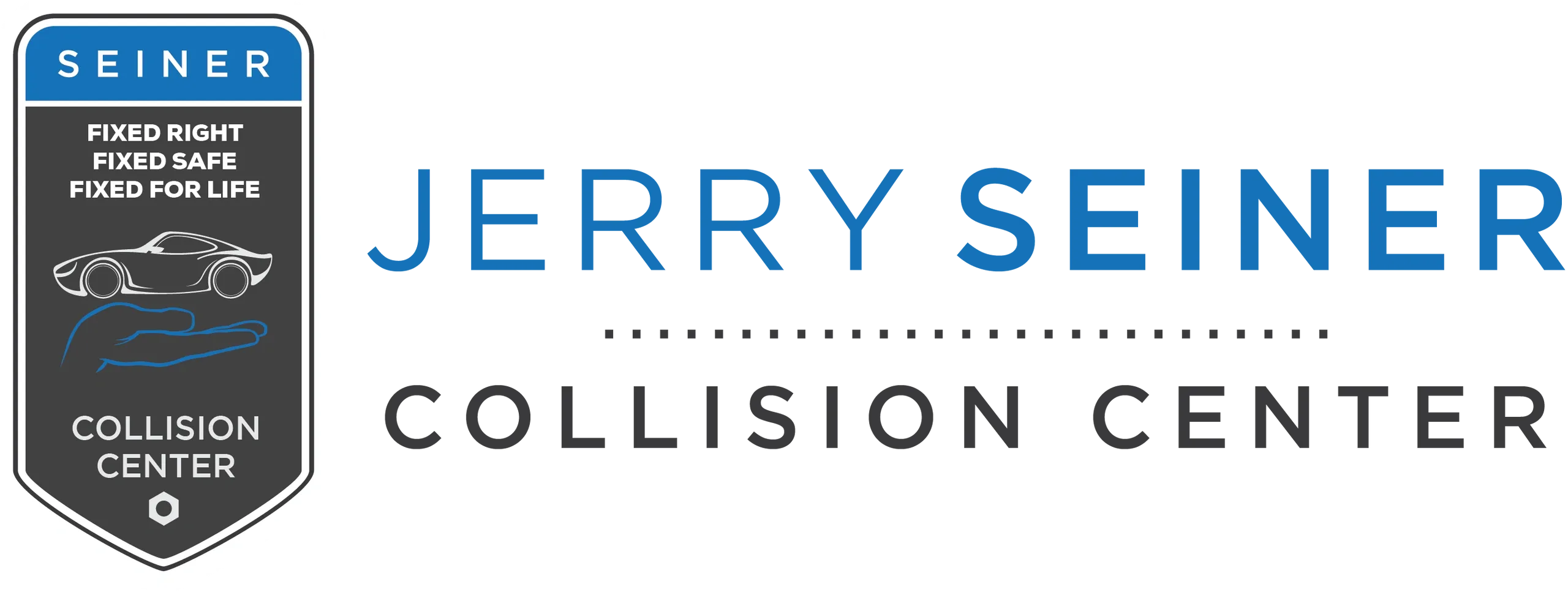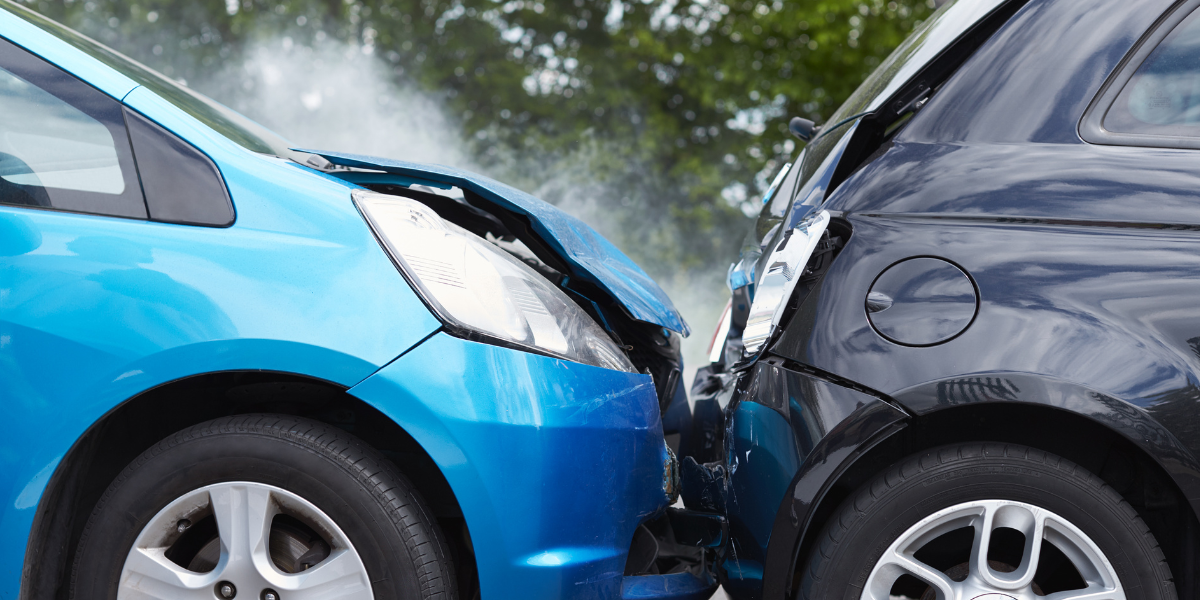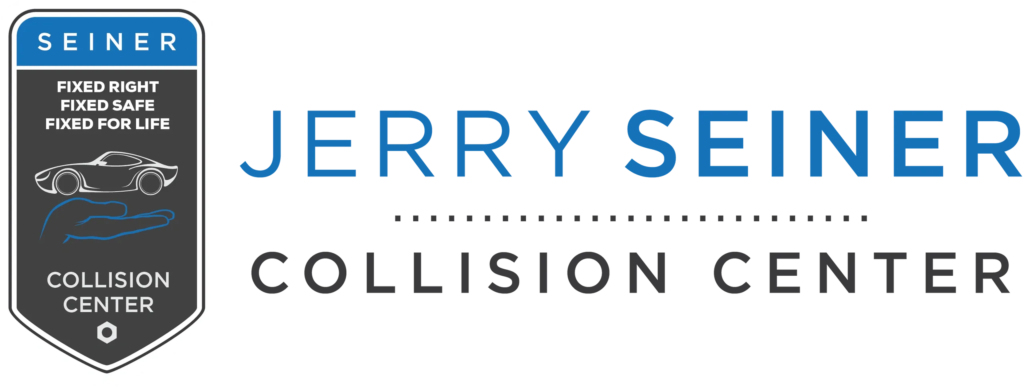Will my car lose value after an accident?
Car accidents can have significant consequences, both in terms of physical damage and financial impact. Among the many repair questions, our experts in our Collision Center get, one common concern among car owners is whether their vehicle will be worth less after an accident. Let’s explore the factors that can affect a car’s value following an accident and discuss how to assess diminished value. We’ll also provide insights and tips for navigating this situation.
When you list your car for sale following an accident, it’s important to acknowledge that its value may not be the same as that of a brand-new vehicle. Several factors come into play when assessing the diminished value of a car after an accident.

Understanding Diminished Value:
First, let’s talk about diminished value. After a car accident, the value of your vehicle may decrease due to various factors such as the extent of damage, repairs, and the perception of potential buyers. Diminished value refers to the reduction in a vehicle’s worth caused by the accident, even after it has been repaired. This reduction can occur due to various reasons, including poor repairs, the accident’s history, and the perception of increased risk associated with the vehicle.
- Repair History: One of the key considerations affecting a car’s value after an accident is its repair history. Even when a vehicle has been repaired, potential buyers may be cautious due to concerns about the quality of repairs and the possibility of hidden damage. This wariness often leads to a reduction in the perceived value of the car.
- Vehicle History Report: When evaluating a used car, many buyers rely on vehicle history reports to gain insights into its past. Accidents are typically recorded in these reports, which can affect the perceived value of the vehicle. Buyers may be skeptical about purchasing a car with an accident history, which can result in a lower resale value.
- Insurance Claims: Insurance claims made following an accident can also impact a car’s value. Insurance companies often consider a vehicle’s accident history when determining coverage and payouts. If a car has been involved in multiple accidents, this can raise concerns and potentially lower its resale value.
- Cosmetic & Structural Damage: The extent of cosmetic and structural damage sustained in an accident can significantly influence a car’s value. Extensive damage requiring major repairs or replacement of critical components may lead to a more substantial decrease in value compared to minor cosmetic issues. Buyers often prefer vehicles with minimal accident-related damage.
Maximizing Your Car’s Value After an Accident
While it’s challenging to completely eliminate the impact of an accident on a car’s value, there are steps you can take to minimize the decrease and potentially maximize its resale value:
- Consider a trade-in at a dealership: When concerned with resale value, consider trading in or selling your car to a dealership. Dealerships typically offer the highest value for undamaged vehicles as well as used vehicles that have been in an accident, if the damage is virtually unnoticeable. Get an estimate of your car’s value with our trade-in-tool. Just select “Value Your Trade” under the dealership closest to you!
- Regular Maintenance and Prompt Repairs: Keeping up with routine maintenance and inspections can help identify and address potential issues before they escalate. Also, if you’ve been in an accident, it’s important to address any damage promptly to prevent further deterioration and potential decrease in value.
- Documentation: Maintain a record of all repairs, service history, and warranty transfers. This documentation will be valuable when selling your car.
- Proper Insurance Coverage: Ensure your insurance policy adequately covers the value of your car, including comprehensive coverage for accidents.
Need a Collision Center Near Me?
Although you cannot prevent a car from losing its value after an accident, there are steps you can take to mitigate a total loss. By focusing on high-quality repairs, transparency, and professional inspections, you can take steps to minimize the impact and potentially maximize your car’s value after an accident. A reputable collision center can perform the necessary work to minimize the vehicle’s loss resulting from the accident.
Jerry Seiner Collision Center specializes in restoring cars to their original condition, allowing you to hit the road again. To schedule an appointment, schedule online or give us a call today!
Frequently Asked Questions:
Will my car’s value always decrease after an accident?
While accidents can lower a car’s value, the extent of the decrease depends on factors such as the severity of the damage, the quality of repairs, and how well you disclose the accident history.
Should I get my car repaired after a minor accident?
Even minor accidents can impact your car’s value, so it’s generally recommended to get them repaired. However, it’s important to weigh the cost of repairs against the potential decrease in value.
Can I prevent vehicle depreciation after an accident?
Cars will always depreciate, even ones not involved in an accident. But, you can take steps to prevent severe depreciation by practicing safe driving, having proper insurance coverage, keeping up with regular maintenance and fixing in and all repairs promptly.


